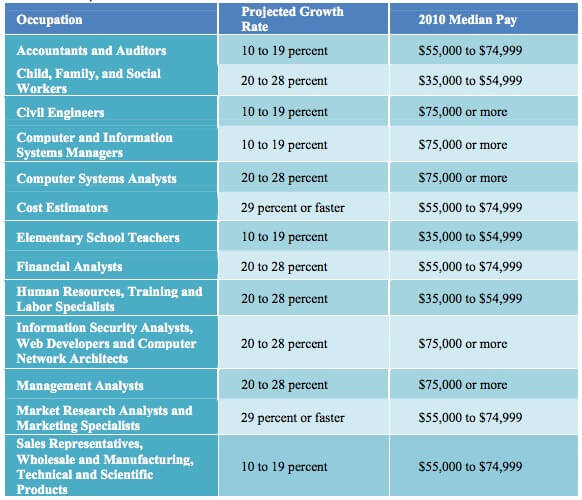Law Enforcement Careers Career Guide: Exploring Opportunities in Public Safet
Law enforcement is a field that offers a wide array of career opportunities, each contributing to the safety, security, and well-being of society. From police officers to forensic experts, law enforcement professionals play an essential role in maintaining order and upholding the law. With advancements in technology and a growing focus on community policing, the career opportunities in law enforcement are becoming increasingly diverse and dynamic. Whether you’re interested in patrol work, investigation, or cybercrime, this guide will help you understand the various paths in law enforcement and how you can start building your career in this vital sector.
Police Officer: The Front Line of Public Safety
Becoming a police officer is one of the most common and recognized career paths in law enforcement. Police officers are responsible for maintaining public order, responding to emergencies, investigating crimes, and enforcing laws. The role requires physical fitness, good communication skills, and the ability to think critically under pressure. Police officers work in various settings, including local police departments, state patrol agencies, and federal law enforcement agencies. For those passionate about protecting communities and ensuring justice, a career as a police officer offers the opportunity to make a significant impact.
Criminal Investigator: Solving Crimes Through Evidence and Analysis
Criminal investigators, also known as detectives, are responsible for investigating crimes, collecting evidence, and solving cases. Unlike uniformed police officers, investigators specialize in uncovering details behind criminal activities, often working on more complex and serious cases such as homicides, robberies, or fraud. Investigators conduct interviews, gather forensic evidence, and analyze information to piece together the events leading to a crime. This career requires excellent analytical and problem-solving skills. Those with a keen eye for detail and an interest in uncovering the truth may find a rewarding career in criminal investigation.
Forensic Science Technician: Unveiling Clues Through Science
In the realm of law enforcement, forensic science technicians play a critical role in solving crimes by examining physical evidence. These professionals work in crime labs, analyzing fingerprints, DNA, blood samples, and other physical traces left behind at crime scenes. Their findings are often crucial in criminal investigations and can serve as key evidence in court cases. Careers in forensic science typically require a strong background in science, particularly in biology, chemistry, or criminal justice. With the growing complexity of forensic technologies, including DNA profiling and digital forensics, this field continues to expand, offering diverse career paths within law enforcement.
Cybersecurity and Cybercrime Investigator: Combating Digital Threats
With the rise of technology, cybersecurity and cybercrime investigators are becoming indispensable in law enforcement. These professionals specialize in investigating and preventing crimes committed using digital platforms, such as hacking, identity theft, online fraud, and cyberterrorism. Cybercrime investigators work with sophisticated tools to track down digital footprints, analyze data breaches, and uncover illegal online activities. A career in cybercrime investigation typically requires expertise in computer science, programming, and digital forensics. As the world becomes more connected, the demand for skilled cybercrime professionals is expected to rise, making it one of the most rapidly growing fields in law enforcement.
Law Enforcement Administrator: Leading and Managing the Forces
For those interested in leadership and management, law enforcement administration offers career opportunities in overseeing and managing police departments, government agencies, and law enforcement operations. Administrators are responsible for setting policies, managing budgets, and ensuring that law enforcement operations are effective and compliant with regulations. They may work as chiefs of police, sheriffs, or other managerial roles within law enforcement agencies. This career path often requires advanced degrees in criminal justice, public administration, or business management. Law enforcement administrators play a key role in shaping policies and ensuring the efficient functioning of their departments, making it a highly rewarding career for those with strong leadership and organizational skills.
FAQs
Q1: What qualifications are required for a career in law enforcement?
Most law enforcement careers require a high school diploma or GED, with police officers typically needing additional training at a police academy. Advanced roles, like criminal investigators or forensic scientists, often require a college degree in criminal justice or a related field.
Q2: How long does it take to become a police officer?
The time it takes to become a police officer can vary, but typically, it involves completing a police academy program that lasts between 12 and 24 weeks. Officers also need to pass physical and psychological exams before becoming fully certified.
Q3: Can I become a criminal investigator without prior police experience?
In many cases, yes. While some criminal investigators start their careers as police officers, there are also positions that allow individuals with specialized education or training in forensic science, criminology, or law enforcement to enter directly into investigative roles.
Q4: How can I get into cybersecurity and cybercrime investigation?
To get into cybersecurity and cybercrime investigation, you will typically need a strong foundation in computer science, information technology, or digital forensics. Certifications in cybersecurity and hands-on experience in IT security can help prepare you for this specialized role.
Q5: Is a career in law enforcement financially rewarding?
Law enforcement careers offer competitive salaries, with salaries varying depending on the role and location. Positions such as police officers, detectives, and cybercrime investigators often come with opportunities for overtime, benefits, and career advancement.
